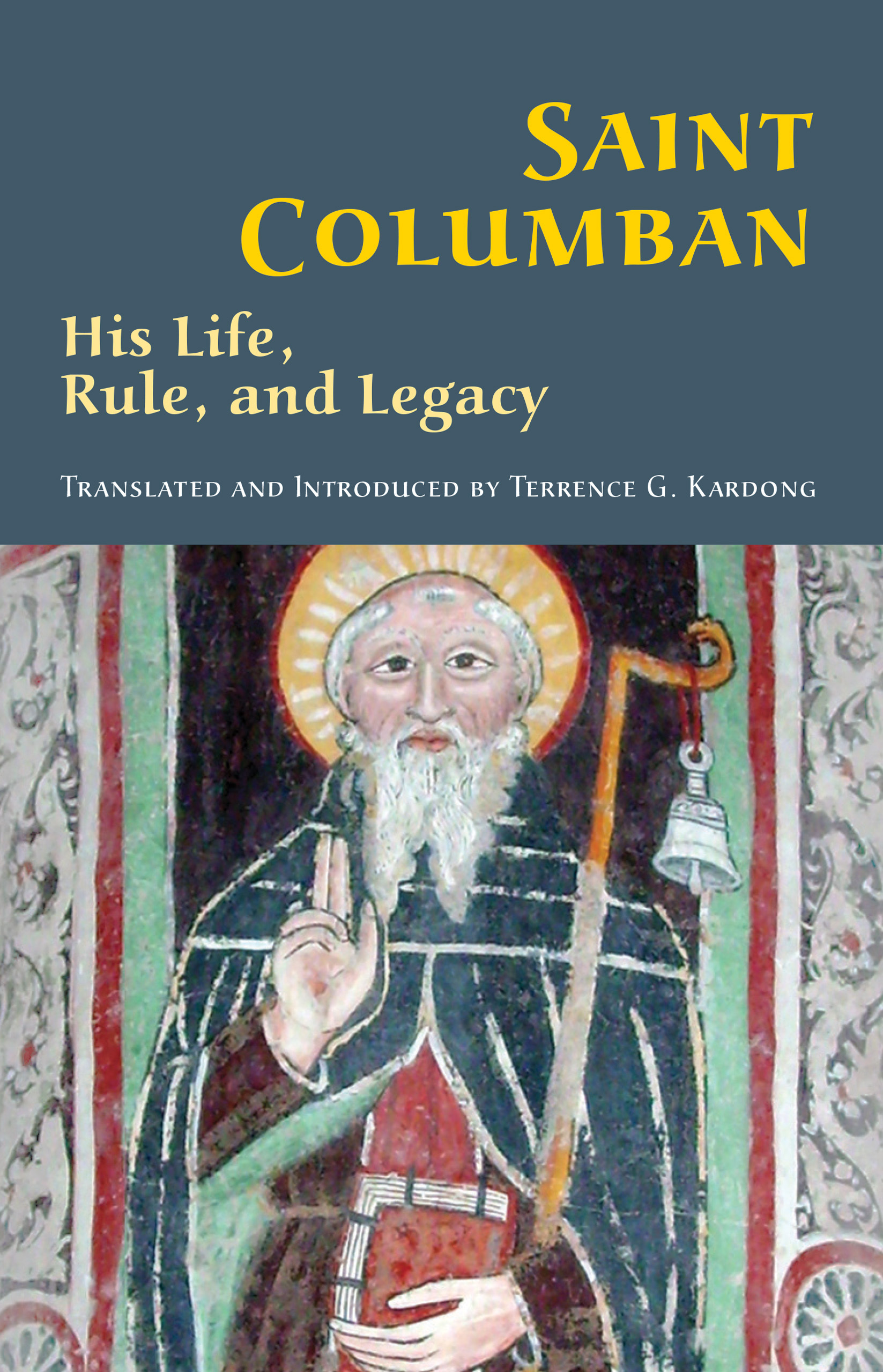


Books in series

Community and Abbot in the Rule of St. Benedict (Cistercian Studies Series)
1978
Silence
The meaning of silence in the rule of St. Benedict
1973

Dorotheos of Gaza
Discourses and sayings
1977

Solitude in the Thought of Thomas Merton
1981

Message of Thomas Merton
1981

Aelred of Rievaulx
A Study
1969

Thomas Merton, Monk
A Monastic Tribute
1974

Nicolas Cotheret's Annals of Citeaux, Outlined from the Original French
1983

The Sayings of the Desert Fathers
The Alphabetical Collection
1975

Thomas Merton's Shared Contemplation
A Protestant Perspective
1979

Studies in Honor of St Benedictus
1978

Medieval Religious Women
Distant Echoes
1984

The Commentary on the Seven Catholic Epistles of Bede the Venerable
1985
Fathers Talking
1986

Toward an Integrated Humanity
Thomas Merton's Journey
1987

Women and Saint Bernard of Clairvaux
1989

A Second Look at Bernard of Clairvaux
1976

Beatrice of Nazareth in Her Context
1991

The Difficult Saint
Bernard of Clairvaux and His Tradition
1991

Wholly Animals
A Book of Beastly Tales
1992

Index of Authors and Works in Cistercian Libraries in Great Britain
1989
The Cistercians in Scandinavia
1992

An Index of Cistercian Authors and Works in Medieval Library Catalogues in Great Britain
1995

The Spiritual Meadow of John Moschos
600

Abba Isaiah Of Scetis
Ascetic Discourses
2001

The Celtic Monk
Rules and Writings of Early Irish Monks
1995

The Prayer of Love and Silence
1951

The Spiritual World of Isaac the Syrian
2000

The Hermitage Within (Cistercian Studies Series)
1977

In the Valley of Wormwood
Cistercian Blessed and Saints of the Golden Age
2013

Outreach and Renewal
A First-millennium Legacy for the Third-millennium Church
2011

Lectio Divina
The Medieval Experience of Reading
2011

Hildegard of Bingen
Homilies on the Gospels
2011

Bernard of Clairvaux
Theologian of the Cross
2013

Mystagogy
A Monastic Reading of Dionysius Areopagita
2013

Solutions to Thirty-Eight Questions (Cistercian Studies Series)
2014

Saint Columban
His Life, Rule, and Legacy
2017
Authors


Italian monk Saint Benedict of Nursia, considered the patriarch of western monasticism, founded the Benedictine order circa 529. The Catholics and the Anglican Church honor this Christian patron of Europe and students. With 12 communities at Subiaco, forty miles to the east of Rome, he moved to Monte Cassino in the southern mountains. The mere confederation of autonomous congregations, not commonly understood, originated later. His main achievement, his "Rule of Saint Benedict," contains precepts. The writings of John Cassian heavily influences this book, which shows strong affinity with the Rule of the Master. This unique spirit of balance, moderation, and reasonableness (ἐπιείκεια, epieikeia) persuaded most religious communities, founded throughout the Middle Ages, to adopt it. As a result, his Rule most influences religious rules in Christendom.

Saint Bede (672/673 - 735), referred to as Venerable Bede (Latin: Bēda Venerābilis) for over a thousand years before being canonized, was an English monk at the Northumbrian monastery of Saint Peter at Monkwearmouth and of its companion monastery, Saint Paul's, in modern Jarrow (see Monkwearmouth-Jarrow), both in the Kingdom of Northumbria. He is well known as an author and scholar, and his most famous work, Historia ecclesiastica gentis Anglorum (The Ecclesiastical History of the English People) gained him the title "The Father of English History.” In 1899, Bede was made a Doctor of the Church by Pope Leo XIII, a position of theological significance; he is the only native of Great Britain to achieve this designation (Anselm of Canterbury, also a Doctor of the Church, was originally from Italy). Bede was moreover a skilled linguist and translator, and his work with the Latin and Greek writings of the early Church Fathers contributed significantly to English Christianity, making the writings much more accessible to his fellow Anglo-Saxons. Bede's monastery had access to a superb library which included works by Eusebius and Orosius among many others.